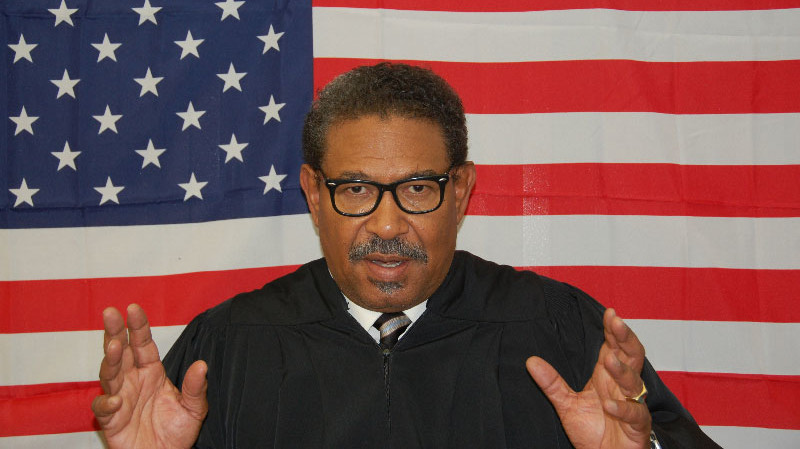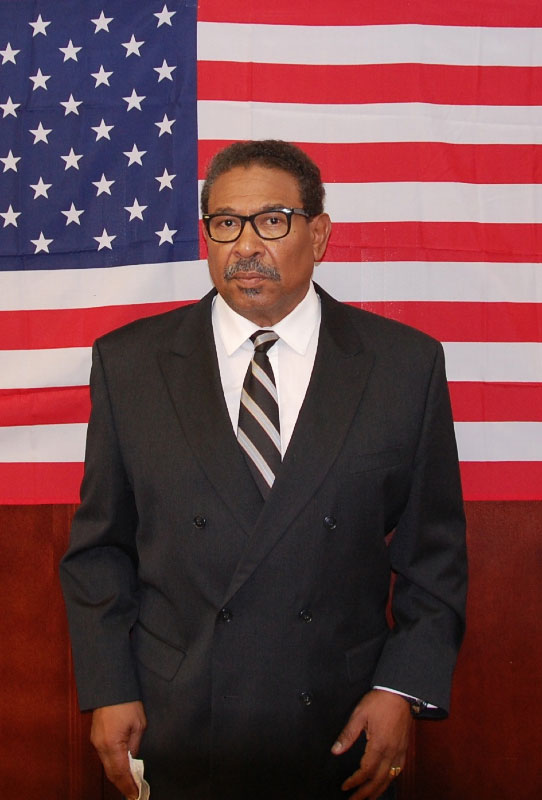Everybody’s been talking about the Supreme Court in the last couple of weeks as the nation responds to the historic June 26 marriage equality ruling confirming same-sex couples’ right to tie the knot.
As such, the timing couldn’t be more prescient for the Lorraine Hansberry Theatre’s production of Thurgood — a solo show about Thurgood Marshall, the first African-American justice of the Supreme Court. Before that, Marshall was a great civil rights lawyer who represented the the National Association for the Advancement of Colored People (NAACP) in Brown vs. Board of Education, the landmark 1954 Supreme Court case that unanimously declared racially segregated public schools unconstitutional.
Long San Francisco’s most prominent African-American theater company, the Lorraine Hansberry has kept a relatively low profile since it vacated its last home at the Post Street Theatre three years ago. The currently-nomadic organization is offering its subscribers “passport seasons” of plays produced by other theaters, such as Marin Theatre Company and American Conservatory Theater (ACT). It also produces occasional homegrown fare including staged readings, holiday shows or one-off events.
Now, the company returns with a full three-week run of Thurgood starring its artistic director, veteran ACT actor Steven Anthony Jones.
In this biographical monologue by George Stevens Jr., Marshall visits his alma mater, Howard University, for a lecture in which he reviews his life and career from the streets of Baltimore to the highest court in the land.



